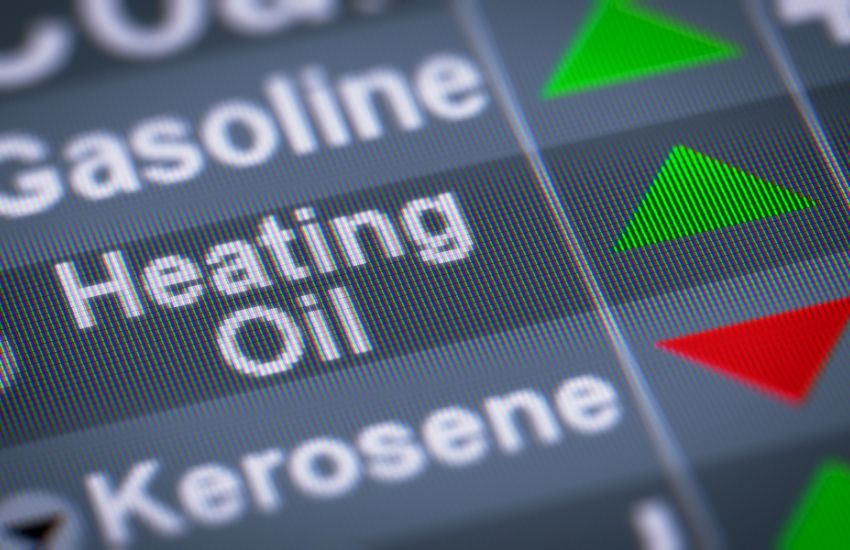The Best Advice For Liquid Bulk Commodity Traders
Commodity traders take physical and paper positions and aim to buy low and sell high. Traders can opt for geographical, time, or technical arbitrage or take speculative positions in anticipating a move in prices and spreads. Under optionality, commodity traders need to create flexibility to profit from market opportunities and limit losses if the market turns against their position. Commodity trading is a high volume, low margin business. Trading volumes and the margins between purchase and sale prices influence the profits in the commodity business.
This article is written by Rudi Stalmans and featured in the 2022 summer edition of Tank News International. The title of the article in the Magazine is “The Best Advice For Commodity Traders In The Liquid Bulk Industry”.
Poor risk management can turn a profitable business into a loss-making trade. For example, a demurrage claim can quickly turn a deal unprofitable when margins are thin. While commodity traders consider risks related to delays, many don’t think of potential health and safety issues.
Operational risk is part of commodity trading
International commodity traders face a long list of operational risks. Operational risks rather than variations in prices or quantities are challenging for commodity firms. For example, traders that ship commodities by sea are at risk of delays related to a technical breakdown of a vessel or bad weather, which could result in financial penalties.
There are also HSEQ risks. Incidents at tank terminals often happen during the loading and unloading of tanker ships and trucks. Operational error, equipment failure, lightning, static electricity, maintenance errors, tank ruptures, and piping ruptures are potential causes of accidents at storage terminals. Accidents with tankers also happen and receive a lot of attention due to their impact on the environment. Health and safety incidents can severely impact people, the environment, assets, and the reputation (PEAR) of a business.
The oil and chemical majors set high HSEQ standards
Even when companies follow and enforce regulations, incidents happen. As a result, numerous oil and chemical companies have developed internal safety management systems, such as tanker vetting and terminal risk assessments. The implementation of risk assessment systems differs at each company due to business activities and size. Often companies that have had bad experiences tend to have more stringent risk assessment procedures in place as they understand the impact of an accident on their business.
Large corporations have global safety concepts to protect people, including employees and contractors, and the environment, assets, and reputation. They rely on comprehensive preventive measures for occupational and process safety, health and environmental protection, and emergency response. These businesses work towards goal zero and expect the cooperation of all employees and contractors. They can access various internal and external resources and dedicated HSEQ personnel.
Minimizing risk along the entire supply chain is crucial. To guarantee safe loading and unloading operations, transportation, and storage, oil and chemical majors focus on selecting reliable logistics partners, using high standards, and implementing an effective organization. External logistics service providers are carefully selected and regularly evaluated against high quality and safety standards.
Extensive product safety information is also shared to ensure that products are handled correctly and pose no risk to people and the environment.
Continue to read part 2 of this article – “The Commodity Trading Safety Case: How To Get Involved“.
Photo Credit: Canva

